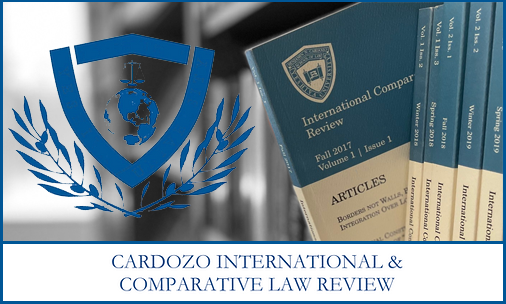Document Type
Blog Post
Publication Date
10-6-2022
Graduation Year
2024
Abstract
The Renewable Energy Sources Act (“EEG”) was introduced in Germany over twenty years ago and has since influenced similar legislation in over eighty countries. The EEG “forms the legal basis for the support for renewable energy sources in Germany.” The most groundbreaking feature of the EEG is the feed-in tariff (“FIT”) system incentivizing corporations and even individuals to join in renewable energy production. FITs were first introduced in 1991 with the Electricity Feed-In Act (Stromeinspeisungsgesetz), the legislation that started Germany’s push toward renewable energy source production.
This post was originally published on the Cardozo International & Comparative Law Review on October 6, 2022. The original post can be accessed via the Archived Link button above.
Recommended Citation
Stitt, James, "Germany’s Erneuerbare-Energien-Gesetz and Incentives for Renewable Energy Production" (2022). Cardozo International & Comparative Law Review (CICLR) Blog. 52.
https://larc.cardozo.yu.edu/ciclr-online/52



